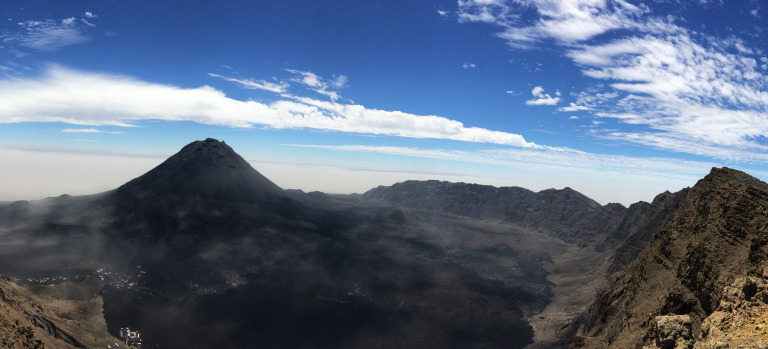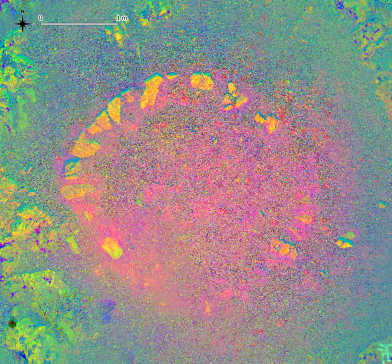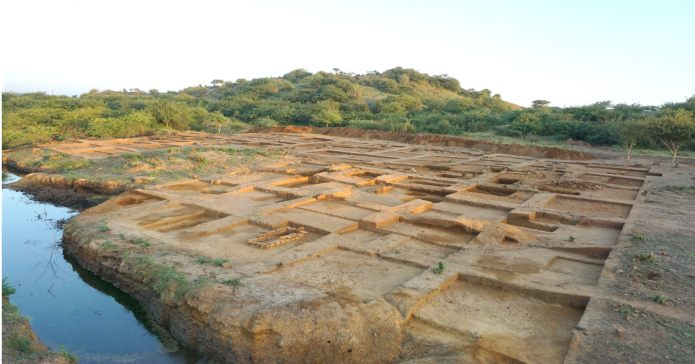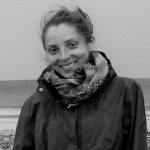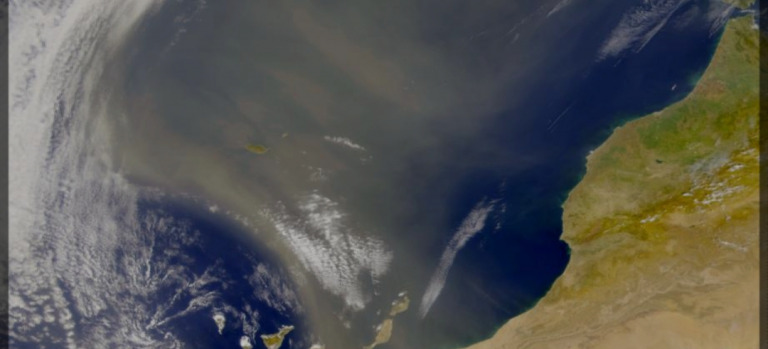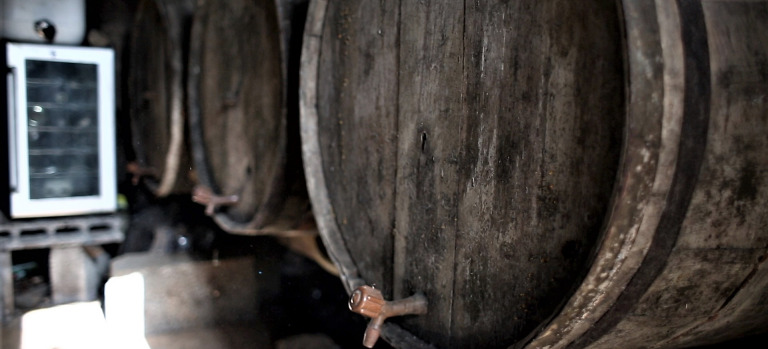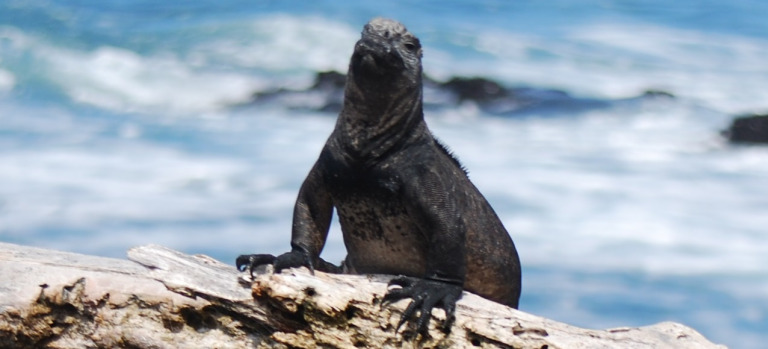Ciencias Sociales, Patrimonio y Alimentación
El grupo de Ciencias Sociales, Patrimonio y Alimentación (SOCIALPAT) desarrolla investigaciones interdisciplinares relacionadas con el estudio de los aspectos sociocuturales en el ámbito del patrimonio cultural, la alimentación y el patrimonio agroalimentario; incorporando temáticas transversales a este objeto, tales como, estudios de consumo, economía circular, desarrollo sostenible, soberanía alimentaria, estudios feministas, etc. Desde este marco general pretendemos establecer una conexión entre las ciencias sociales, pero también con las naturales, como parte de un enfoque integral, sostenible, aplicado y con perspectiva crítica. El objetivo final es el de desarrollar estudios científicos en torno a contextos de controversia sociocultural cuyos resultados permitan realizar contribuciones académicas de impacto global, pero con impacto local, favoreciendo la toma de decisiones informadas para la resolución de problemáticas y conflictos de índole sociocultural en el contexto contemporáneo.
Paralelamente, impulsamos métodos y técnicas de las humanidades digitales, la antropología social y cultural, la sociología, la arqueología computacional y la arqueología biomolecular aplicadas a casos de estudio. El equipo tiene amplia experiencia en el contexto de las Islas Canarias y España, pero también en contextos internacionales como América Latina, Asia del Sur y Asia Central, entre otros. Además, promovemos la inclusión de la perspectiva de género, con un enfoque destacado en visibilizar patrones de desigualdad pasados y contemporáneos.
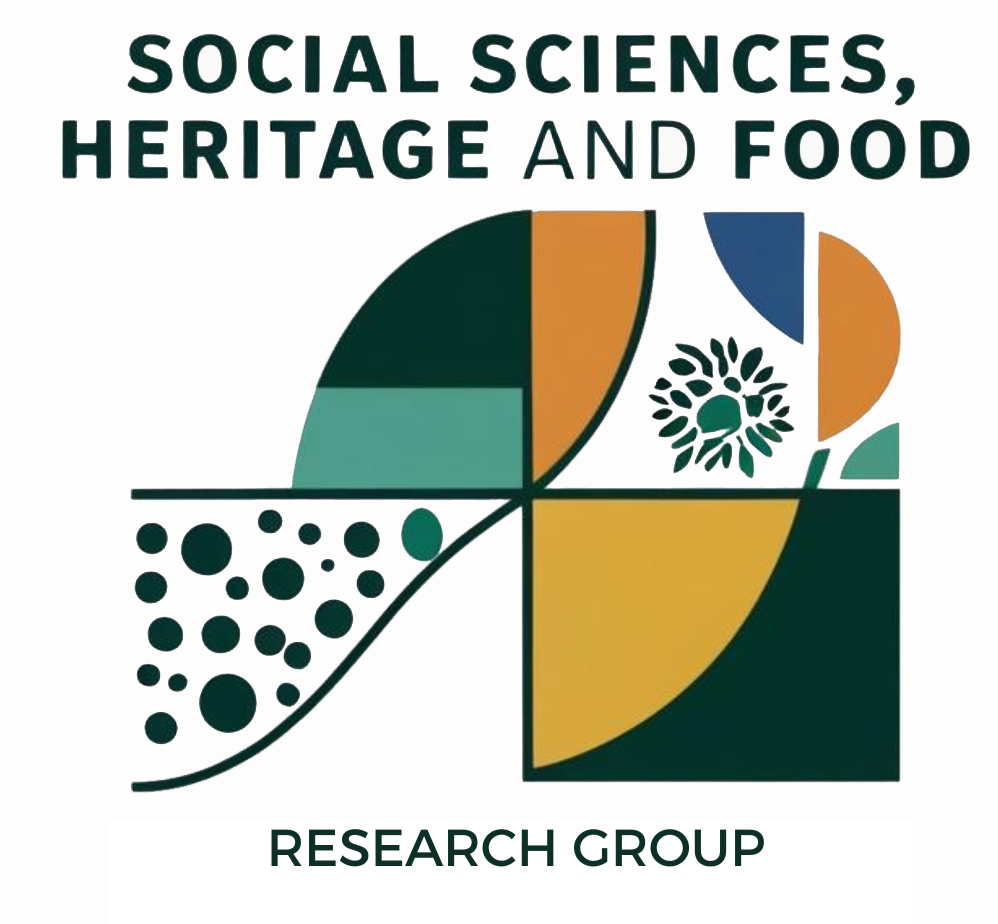
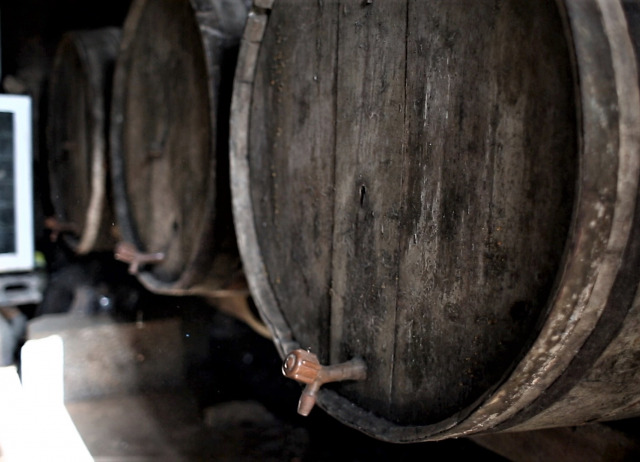
Presentación
El grupo de Ciencias Sociales, Patrimonio y Alimentación se posiciona en el área global de SOCIEDAD, operando dentro de un centro interdisciplinar como es el IPNA-CSIC. Tiene sus orígenes en la llegada del antropólogo Pablo Alonso González como primer Ramón y Cajal del IPNA-CSIC en 2018. Tras su obtención de plaza como CT en otro centro, finalmente se reincorpora al IPNA-CSIC mediante traslado. Por otro lado, en 2020, se incorpora mediante un contrato Ramón y Cajal la socióloga Eva Parga Dans, comenzando a funcionar como grupo propio desde 2021 con amplio potencial de crecimiento. El principal objetivo del grupo es analizar el ámbito del patrimonio gastronómico y los sistemas agroalimentarios desde una perspectiva integral que permita arrojar luz sobre su multidimensionalidad y complejidad, con un enfoque prioritario centrado geográficamente en las Islas Canarias y temáticamente en los productos fermentados y en la agricultura ecológica. Esto se logra a través del desarrollo de las distintas líneas de investigación que se complementan entre sí, para conseguir llegar a un amplio rango de retos de la sociedad, prioridades de la Unión Europea y desafíos globales centrados en la búsqueda de sostenibilidad, promoción de la biodiversidad, mejora de la calidad y seguridad de los sistemas agroalimentarios, y un conocimiento más profundo del patrimonio gastronómico.
Líneas de investigación
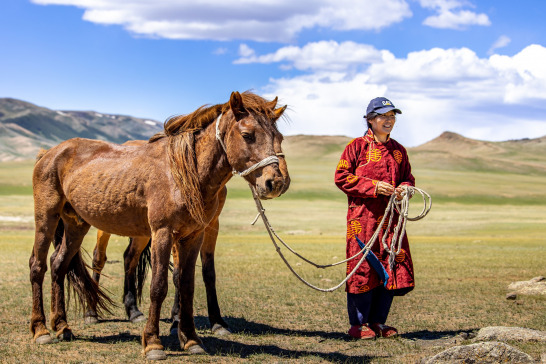
Laboratorio BIOMARQ: Estrategias de adaptación y explotación animal en sociedades del pasado a través de la etnoarqueología y la arqueología biomolecular
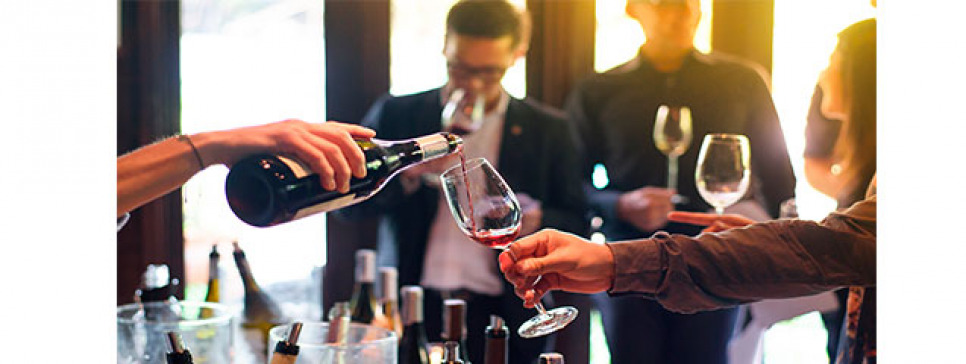
Estudios del consumo alimentario, economía agraria y circular, y sostenibilidad
Los estudios desde el ámbito del consumo pretenden estudiar cuestiones asociadas con la diferenciación, valor añadido y predisposición a pagar, con un enfoque prioritario a la gastronomía canaria y en particular a productos de distinción como el vino.
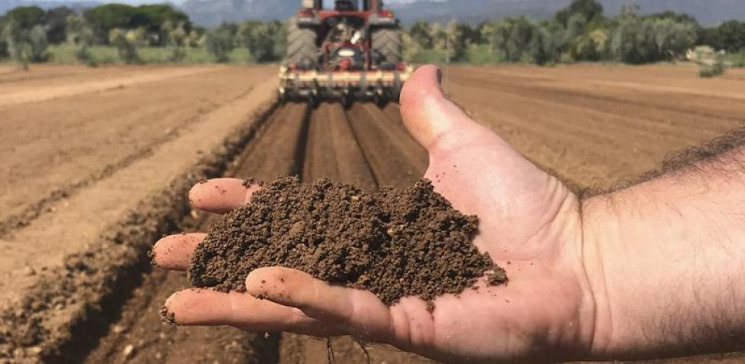
Sistemas agroalimentarios, ecología, proximidad y economía circular
Desde una aproximación pragmática, se analiza la construcción social de la proximidad, lo natural y la economía circular.
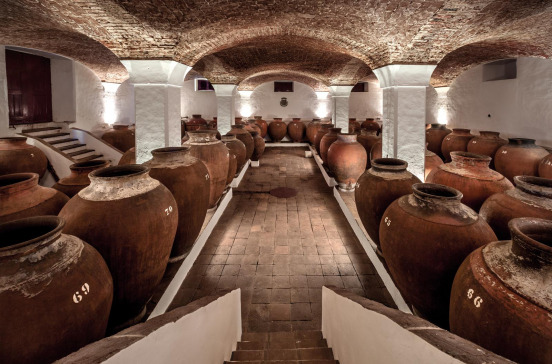
Antropología y sociología del patrimonio cultural
Desde la perspectiva de los estudios de patrimonio, se pretende analizar el patrimonio cultural y su valor social, incluyendo aspectos tangibles e intangibles, con un enfoque prioritario en el patrimonio gastronómico.
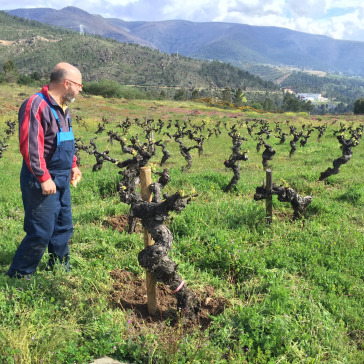
Antropología y sociología de bebidas y productos alimentarios fermentados
Esta línea pretende estudiar este tipo de productos actualmente en alza desde el ámbito del consumo para analizar y dar a conocer sus propiedades distintivas, con un enfoque preferencial al ámbito de las Islas Canarias. Investigadores Principales: Pablo Alonso González y Eva Parga Dans.Formación
DO del vino en Galicia y la distinción
La potencialidad del sector vitícola canario como referente vitícola ecológico. El caso de Tenerife
Tutorización de Prácticas Externas de Fin de Grado. Curso 2021/2022
Os modelos de xestión patrimonial en A Veiga (Ourense, Galicia)
Financiación
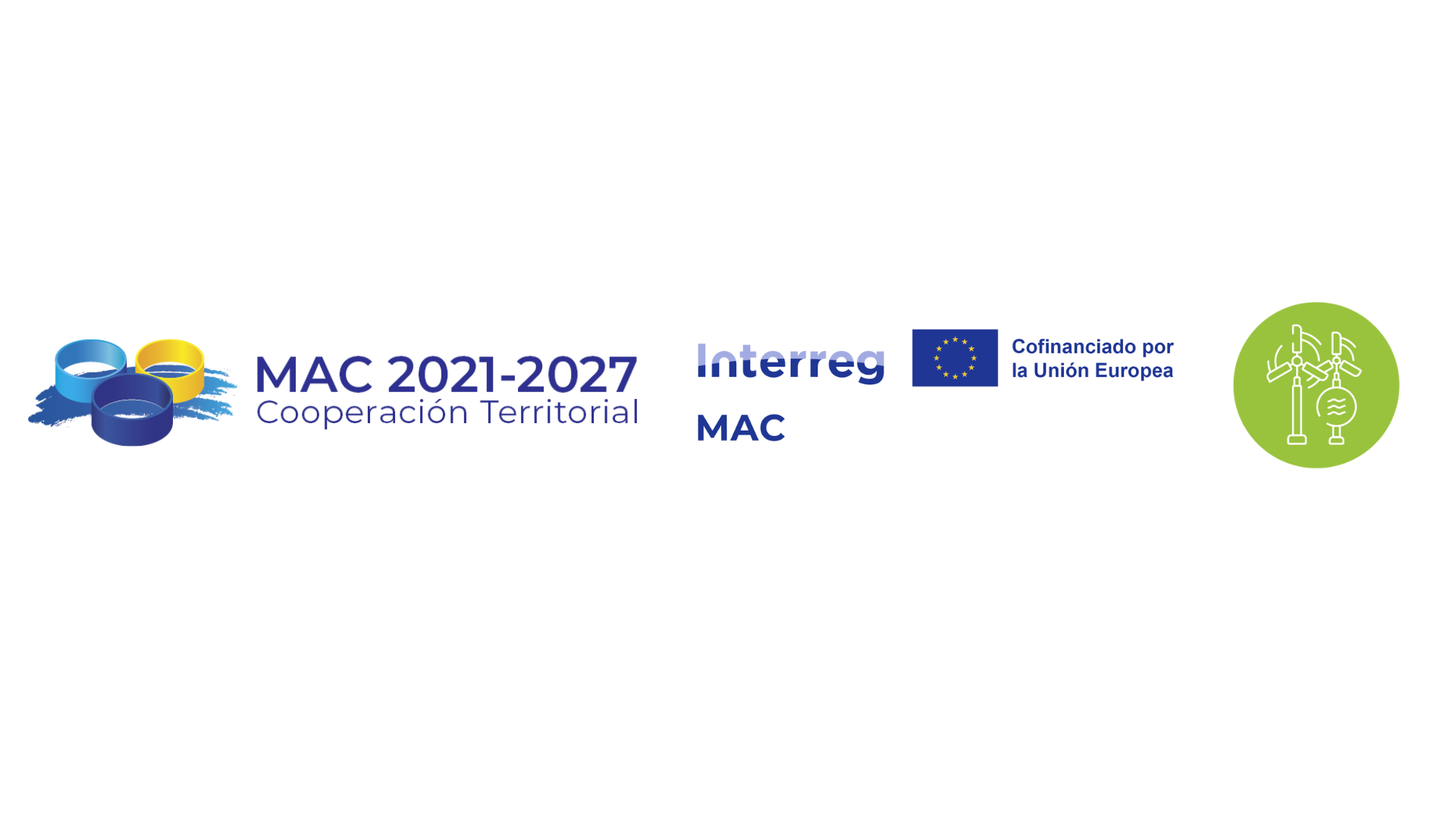
ALSEMAC
Alimentos Seguros, Saludables y Sostenibles, producidos bajo un modelo de economía circular eficiente que garantice la soberanía alimentaria y promueva el consumo responsable en la Macaronesia y...
En Ejecución

La desigualdad social a través de los comedores escolares: Comprendiendo y mitigando el impacto en la infancia y adolescencia en las Islas Canarias
La desigualdad social a través de los comedores escolares: Comprendiendo y mitigando el impacto en la infancia y adolescencia en las Islas Canarias.
En Ejecución
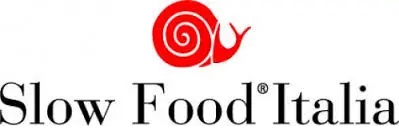
Rooted in Tradition: Networking for Sustainability through Tenerife’s Guachinches
En Ejecución
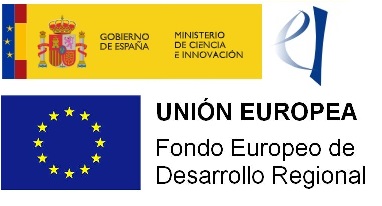
El reto de la certificación del vino natural: Controversias culturales, asimetrías de información y patrones de consumo
En Ejecución
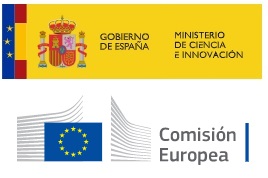
Socioeconomics of Cultural Heritage: Tradition, Quality & Innovation
En Ejecución
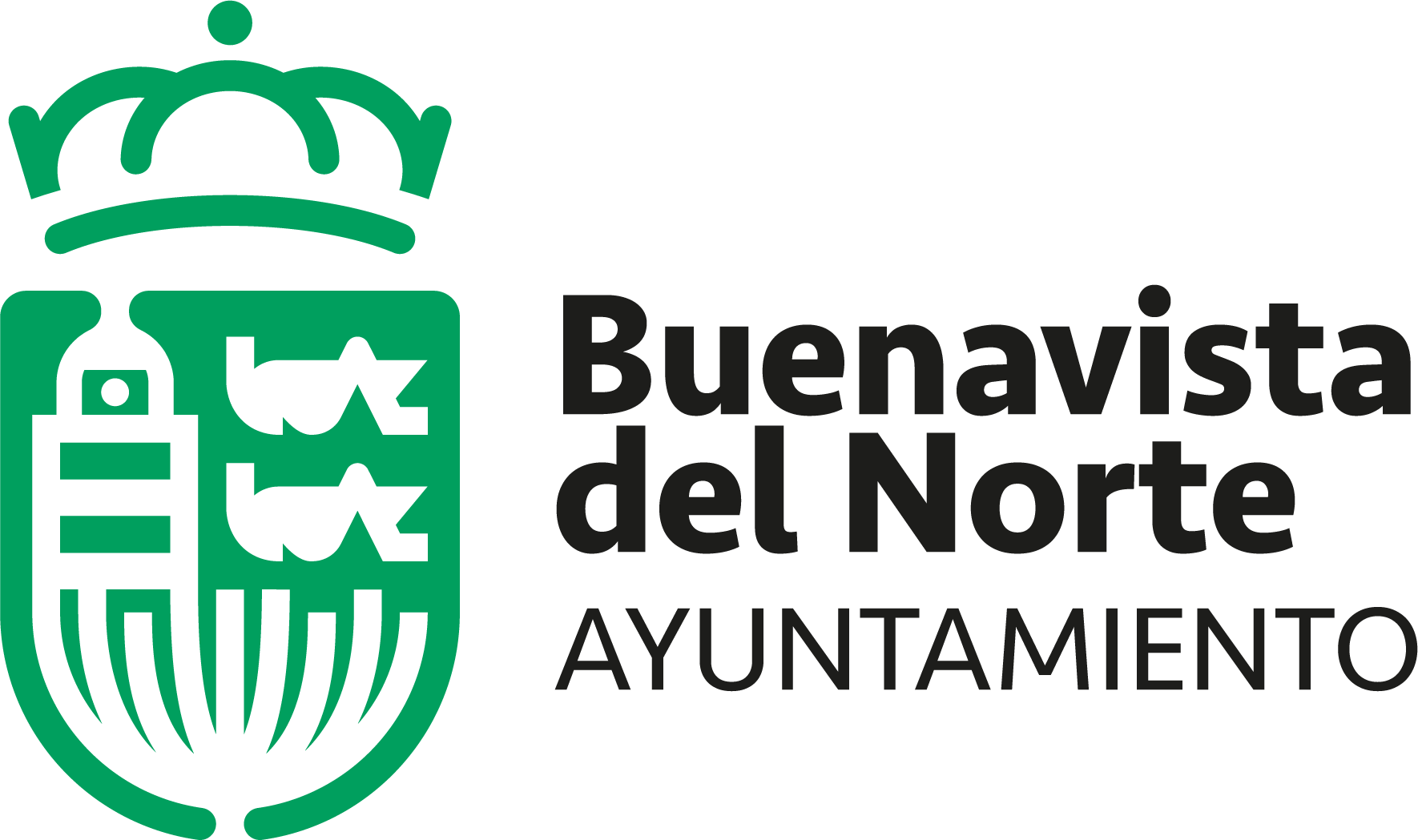
Proyecto de memoria histórica y divulgación del conocimiento sobre las víctimas del Franquismo
Finalizado
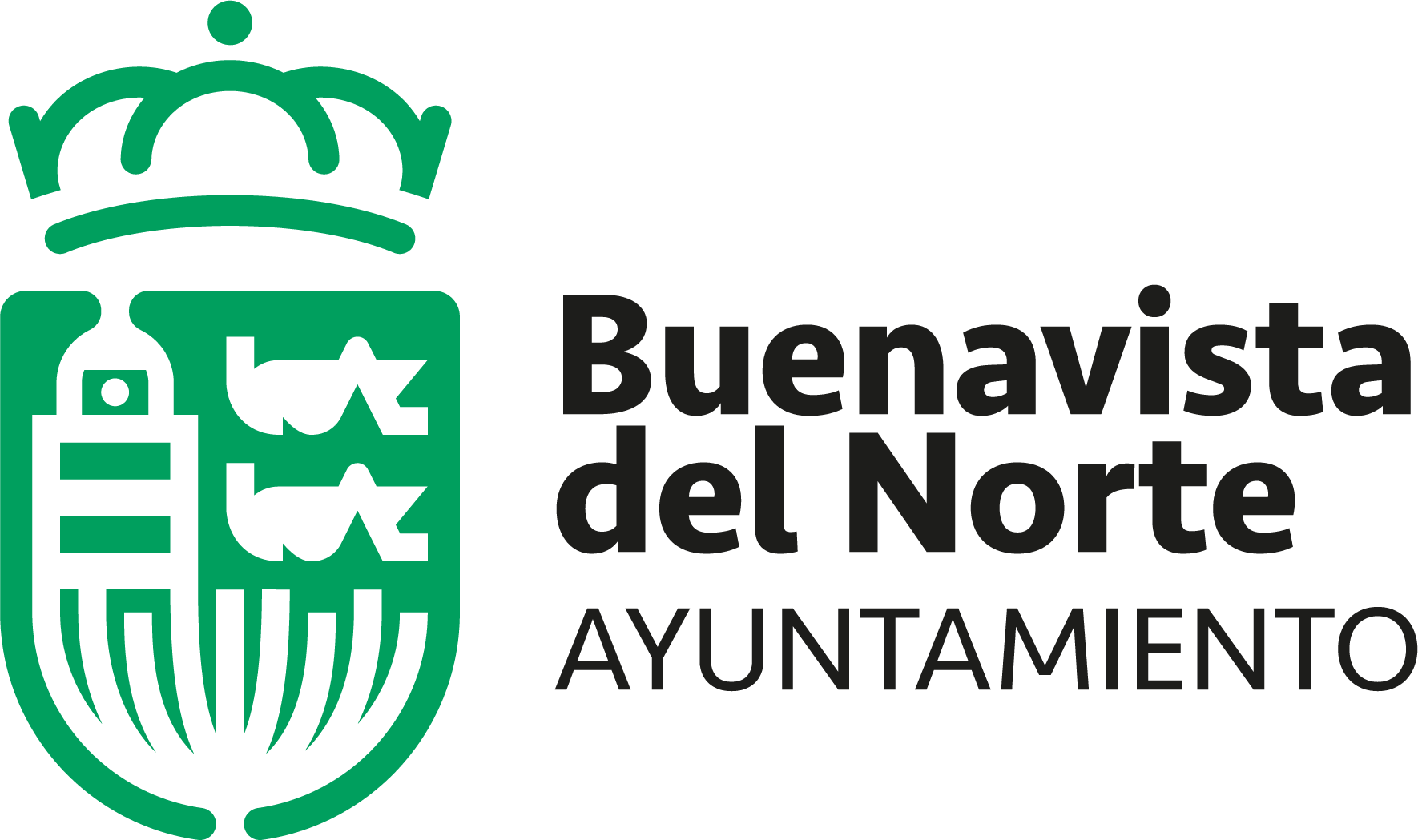
Proyecto de investigación etnográfica y búsqueda de documentación sobre la represión Franquista
Finalizado
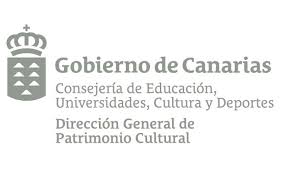
Vino de Tea: estudio histórico de cara a su declaración como Bien de Interés Cultural de La Palma
Finalizado

La Sidra en Canarias: cultura, consumo, gobernanza y tipificación de un producto único (SIDRACAN)
El análisis que se pretende llevar a cabo consiste en identificar, en primer lugar, los aspectos culturales y patrimoniales vinculados a la producción y consumo de la sidra canaria; y en segundo...
Finalizado
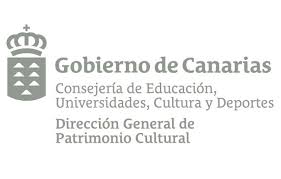
Patrimonio en riesgo
Patrimonio en riesgo: Arqueología del paisaje, teledetección y patrimonio cultural en el marco de lo erupción del volcán en La Palma. Contrato de Apoyo Tecnológico entre ULL y Dirección de...
Francesc C. Conesa
Finalizado

Inventario de Pipas de Tea (La Palma)
Contrato de Apoyo Tecnológico entre CSIC y Consejo Regulador de la Denominación de Origen de Vinos de La Palma.
Finalizado

Asesoramiento en tipificación de Vinos de Tea: precursores aromáticos y tipificación química
Finalizado
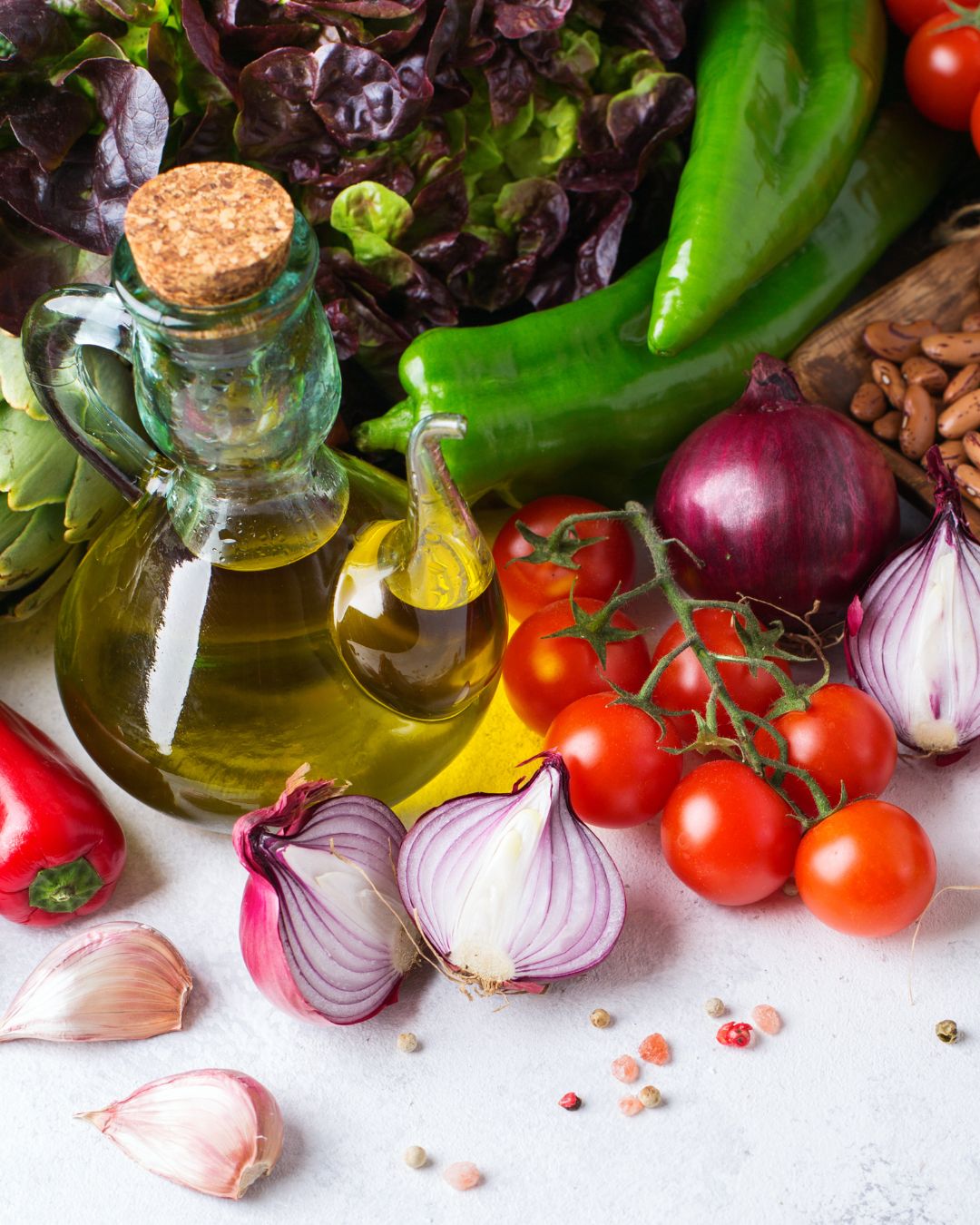
TrueFoodS
TrueFoodS | Transforming European Food Systems: Sustainability, Equity, Governance and Resilience
El proyecto tiene como objetivo promover sistemas alimentarios más sostenibles,...
Kim Van der Borght (Vrije Universiteit Brussel)
En Ejecución
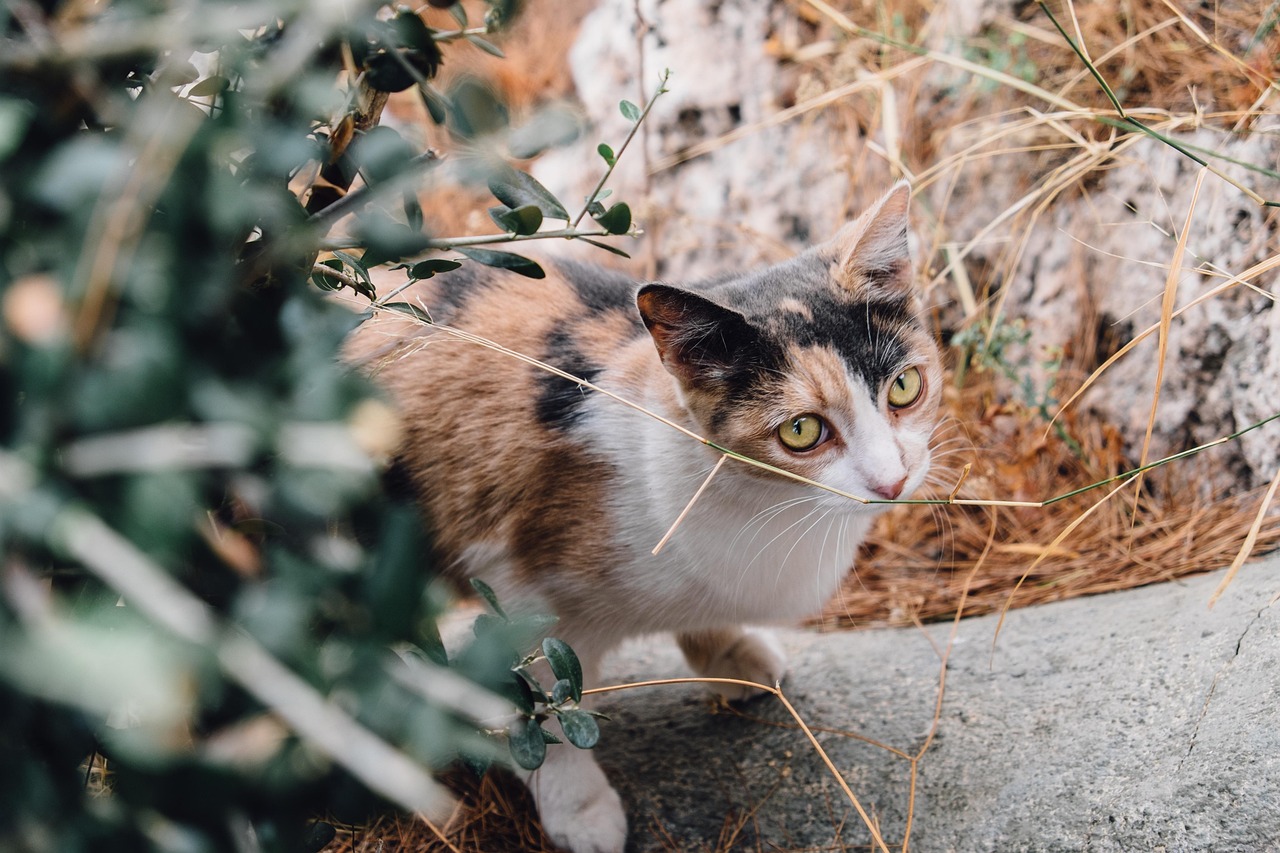
FRONTCAT
FRONTCAT | Frontier Cats: Reimagining Multispecies Governance and Care Ethics beyond Post-politics
Personal
Pablo Alonso González
Eva Parga Dans
Francisco Nauzet Arocha Alonso
Rubén Barroso Martínez
Ferran Pons Raga
Paloma Castro Fernández
Cristina Cabrera Febles
Luis Dastis Carbón
Natalia Égüez Gordon
Publicaciones
Sustainable tourism and social value at World Heritage Sites: Towards a conservation plan for Altamira, Spain
This study aims to identify the factors that constitute the social value of heritage in relation to sustainable tourism. To do so, this paper provides a theoretical contribution by unifying the fields of heritage management and sustainable tourism through a mixed-method approach. It showcases the social dimension of the World Heritage Site of Altamira, Spain, combining qualitative and quantitative techniques. Research findings provide information about the multiple factors determining the social value of heritage, namely: existential, aesthetic, economic, and legacy values and the risks associated with underestimating the contemporary social value. Ultimately, this research paves the way for improving normative approaches toward sustainable tourism and, offers practical solutions to the challenges faced by the Altamira and other World Heritage Sites.
Parga Dans, Eva; Alonso González, Pablo
Taste and Knowledge: the Social Construction of Quality in the Organic Wine Market
A significant portion of the agricultural food sector today is geared towards developing sustainable and organically based products, contributing to a widely acknowledged ‘quality turn’ in food markets (Goodman 2004). Organic viticulture is booming worldwide, having increased threefold between 2004 and 2015 (Willer and Lernoud 2016). Consumers are willing to pay a premium for wines deriving from organic vineyards in the belief that they are healthier, tastier, and of higher quality, although the differences between organic, biodynamic, or sulfite free wines remains confusing for many (Amato et al. 2017). In exploring this paradigm shift, current research addresses the question of how organic wines can provide increased value given the lack of clarity about the full list of ingredient and qualities (Krzywoszynska 2015; Delmas et al. 2016)...
Parga Dans, Eva; Alonso González, Pablo; Macías Vázquez, Alfredo
From intentional community to ecovillage: tracing the Rainbow movement in Spain
The Rainbow is a global community that emerged with the hippie movement in the 1960s. Although it originated and largely developed in the USA, it soon expanded to Europe. Due to the political context in Spain, the Rainbow was weak there until the reestablishment of democracy in 1975, when it was spurred by the creation of various communes throughout the country. This paper explores the issue of heritage in one of the earliest and most iconic Rainbow villages in Spain, Matavenero, asking whether notions of heritage emerge in Rainbow contexts. In doing so, it contributes to critical geography of heritage and intentional communities by inquiring into the narratives about the past developed by the community and their use of space and material culture in ways that reproduce forms of segmentarity. Drawing on ethnographic methods and long-term ethnography, the paper demonstrates the absence of the notion of heritage as generally understood in Western capitalist culture and develops the concept of “a-patrimonial” processes to explain this phenomenon.
Alonso González, Pablo; Parga Dans, Eva
Heritage in danger. The collapse of commercial archaeology in Spain
As in most European countries and elsewhere, Spanish commercial archaeology is a business model based on the theoretical and technical principles of safeguarding heritage that thrived during the 1990s and 2000s. However, nearly half of the Spanish archaeological companies closed by 2014, stressing the drama associated with the redundancy of its workforce in a mere five-year period and the threat to heritage protection and management. The current context of global crisis has impacted this sector, which is on the brink of extinction. This emphasizes the need for a new paradigm of archaeological heritage management in the 21st century. This breakdown calls into question the extent to which archaeology can generate initiatives of sustainable heritage management. By analysing data derived from an empirical study of Spanish archaeological companies between 2009 and 2017, this paper explores the underlying factors behind the collapse of commercial archaeology. In doing so, it contributes to the current global debate about the future possibilities of heritage management in a post-industrial context.
Parga Dans, Eva
The Unethical Enterprise of the Past: Lessons from the Collapse of Archaeological Heritage Management in Spain
This paper explores the underlying factors behind the collapse of commercial archaeology in Spain, with implications for other international contexts. It contributes to the current global debate about heritage ethics, adding nuance and conceptual depth to critical management studies and cultural heritage management in their approach to business ethics. Similar to other European contexts, Spanish archaeological management thrived during the 1990s and 2000s as a business model based on policies directed at safeguarding cultural heritage. The model had controversial ethical implications at academic, policy and business levels. However, the global financial crisis of 2008 had a huge impact on this sector, and more than 70% of the Spanish archaeological companies closed by 2017. Drawing on the concepts of abstract narratives, functional stupidity and corporatist neoliberalism, this paper illustrates the need to examine ethical issues from a pragmatic standpoint, beyond epistemological and moralistic critiques of profit-oriented businesses in the cultural realm. In doing so, it connects the fields of cultural heritage and management studies, opening up hitherto unexplored strands of research and debate.
Parga Dans, Eva; Alonso González, Pablo
Natural wine: do consumers know what it is, and how natural it really is?
Natural wine is a small but rapidly growing sector within the wine industry. Expertise in the field has been advanced by wine experts and professionals, while publications to aid in further understanding the topic lag behind. This manuscript highlights the need to develop more rigorous methodologies to better understand the market segment of natural wine, its consumers, and their composition and behaviour. Moreover, it calls for a deeper theoretical engagement with the notion of natural wine, which positions it among other sustainable and ecological certifications, including organic, biodynamic or sulphite-free. This would allow researchers to advance from the current state of knowledge, which continues to limit our ‘practical’ capacity for advice to policy makers but not to winemakers and marketers. These theoretical and methodological developments would allow scholars to catch up with debates being held by different social actors in the natural wine scene, including winemakers’ and consumer associations, bloggers, writers and professional marketers.
Alonso González, Pablo; Parga-Dans, Eva
Colaboraciones
- Cabildo de La Palma
- Denominación de Origen Vinos de La Palma
- Cabildo de Gran Canaria
- Denominación de Origen de Vinos de Gran Canaria
- SERTOX. Universidad de Las Palmas de Gran Canaria
- Departamento de Antropología y Sociología, Universidad de La Laguna
- Cátedra Cajasiete de Economía Social y Cooperativa, Universidad de La Laguna
- Grupo de Estudios Territoriales, Universidade da Coruña
- VINCANAT. Asociación de Productores de Vinos Naturales de Canarias
Pablo Alonso González
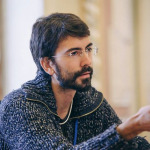
Datos de contacto
Eva Parga Dans
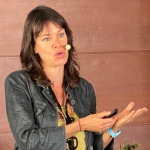
Datos de contacto
Galería de imágenes y vídeos
Noticias/Blog
- 09 Diciembre 2025
- 06 Noviembre 2025
- 02 Octubre 2025
- 17 Junio 2025
- 16 Mayo 2025
- 17 Marzo 2025
Otros grupos de investigación
Ciencias de la Vida y de la Tierra
Ciencias de la Vida y de la Tierra

